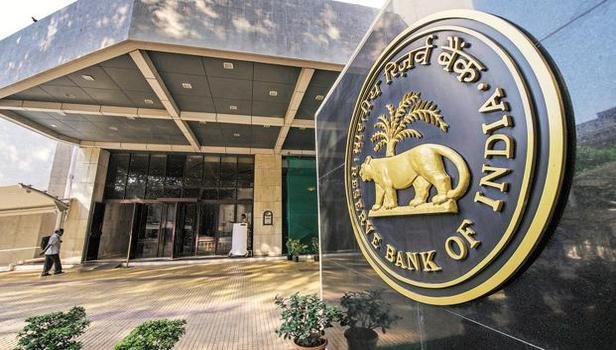RBI Report - Four trillion rupees decreased in Gross Financial Assets after the Notes ban, and not even improved till March
13 Mar 2018 ( Perwez Anwer, MD & CEO, IBTN GROUP )
In the quarterly report of the Reserve Bank of India, the picture of the widespread impact of the notes ban on public has been revealed. In a report titled 'Household Financial Assets and Liability', clearly shown the bad effect of the decision to withdraw the notes of 500 and 1000 notes by India's Prime Minister Narendra Modi.
According to RBI's report, the total value of gross financial assets in September, 2016 was 141 trillion rupees. By December 2016, it decreased by four trillion rupees and this figure reached 137 trillion.
Let us know that PM Modi had announced the notes ban on November 8, 2016. Household Financial Assets Outstanding Amount also recorded a decrease of 6%. Even in the last quarter of the year 2017, this figure is much lower than in September, 2016.
However, after the notes ban, the trend of investment has been found in the Indian people rather than savings. According to RBI's report, "IIndian people are generally known as saver and supplier of financial resources in the economy. However, in the third quarter of the year 2016-17, there has been a negative change in Net Financial Assets, which reflects the effect of the notes ban.
Explain that bank deposits, bonds, insurance assets and stocks are included under the financial assets. Financial Assets are more liquid than other assets.
There has also been significant changes in the form of the financial assets of the household after the notes ban. In September, 2017, the currency holdings have also declined in comparison to the GDP (gross domestic product). While this was 10.6 per cent before the notes ban, the figure reached 8.7 per cent after declaration of withdrawal of big notes. This means that people have less money to spend than before.
However, after notes ban, there was an increase in the tendency of investing in the household rather than keeping money in the bank. Before notes ban, 10.6 percent of the household (compared to GDP) had invested in mutual funds. This figure reached 12.5 percent in September, 2017. The impact of the fall in currency holdings came in the form of an investment in mutual funds. People used currency holdings in the financial market. In addition, a decrease in the disposable income (expenditureable income) of the people was recorded. Its direct impact was seen on the market. On the other hand, according to the figures released by the Central Statistics Office, household savings declined by about four percent.
(Click here for Android APP of IBTN. You can follow us on facebook and Twitter)
Share This News
About sharing
-
 16 Sep 2025
UN inquiry finds Israel’s war on Gaza to be genocide
16 Sep 2025
UN inquiry finds Israel’s war on Gaza to be genocide
UN inquiry finds Israel’s war on Gaza to be genocide
-
 16 May 2025
Has Donald Trump taken US-Gulf relations to a new era?
16 May 2025
Has Donald Trump taken US-Gulf relations to a new era?
Has Donald Trump taken US-Gulf relations to a new era?
May 16, 2...
-
 16 May 2025
What do the Gulf states gain from the US president's historic trip to the region?
16 May 2025
What do the Gulf states gain from the US president's historic trip to the region?
What do the Gulf states gain from the US president's historic trip to the regio...
-
 15 May 2025
Pakistan FM: US didn't force the ceasefire with India | Talk to Al Jazeera
15 May 2025
Pakistan FM: US didn't force the ceasefire with India | Talk to Al Jazeera
Pakistan FM: US didn't force the ceasefire with India | Talk to Al Jazeera
-
 15 May 2025
How will the lifting of US sanctions help Syrians rebuild their country?
15 May 2025
How will the lifting of US sanctions help Syrians rebuild their country?
How will the lifting of US sanctions help Syrians rebuild their country?



